|
This morning I had such a great time working with Paradise Smiles. We looked at 'Building Our Team Dynamic.' This is a great workshop that facilities teams learning and playing together. During our session together we looked at how to develop chemistry between members and a sense of unity. Topics in today's session included:
Click to set custom HTML
0 Comments
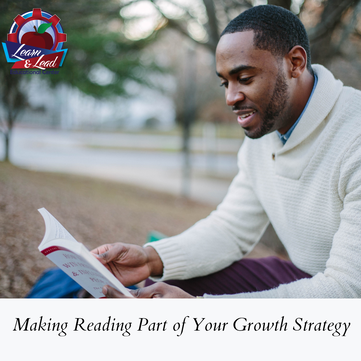 Reading is all around us. Whether you are reading Facebook status updates, Tweets by your favorite celebrity, or chatting with a friend on What’s App, you are constantly reading. We live in a society that thrives on bite size chunks of reading. I have a question for you though, when was the last time you read a book? In a world where we are constantly bombarded by notifications, where binge-watching is a stress reliever and where multitasking often seems like an essential, many have let go of reading for pleasure. We look for quick and efficient blog posts (like this one 😊) that can be read in less than 5 minutes and summary articles on professional development topics that interest us. The thing is, pleasure reading should be part of our personal and professional growth game! The benefits of daily reading go far beyond the obvious that are often highlighted to children and teens. Adding an intentional 10-20 minutes of reading a day can be game changing to one’s personal and professional life. Here are my top 5 benefits to daily reading.
On Monday February 27th I will be a panelist at the Flow Live2Lead Leadership Conference! Live2Lead is a leadership development experience that is designed for leaders to gain practical tools to equip themselves with new perspectives.
I am excited to speak about a topic that I absolutely love to discuss: Diversity, Equity and Inclusion. Register Here: https://bit.ly/3EmGbwY
Yesterday I was excited to take part in "Nurturing Young Minds, Building a Strong Foundation." This workshop. a joint initiative between the Early Childhood Department of the Ministry of Education and UNICEF, targeted parents and teachers of children between birth and 4 years of age. The day began with Mrs. Lakeisha Gardiner - Wilson, Nutritionist, from the Ministry of Health. She presented on the "Importance of a Healthy Diet for Young Children."
Learn and Lead focused on some of our favorite topics - Early Stimulation, Positive Discipline and Self-Regulation. The first 1000 days of a child's life are so crucial to their development and their overall emotional, social, academic development. This was a great initiative by the Department of Education and UNICEF.
The early language and literacy skills of a student lay the foundation for all future learning. The ability to read is considered a critical factor in the ability to live a healthy, happy and productive life. Without the skill of reading, it makes all other learning challenging.
The early years of a child's life are critical years for brain development and are when the foundation of language and literacy development occurs. Once a child enters school, the teacher usually becomes central in developing this foundation. Our students benefit when we understand the process of learning language and literacy and become Master of It. Today we had the pleasure with once again working with K1 - grade 2 teachers from around the Turks and Caicos Islands. We focused on 'Effective Early Language and Literacy Development,"
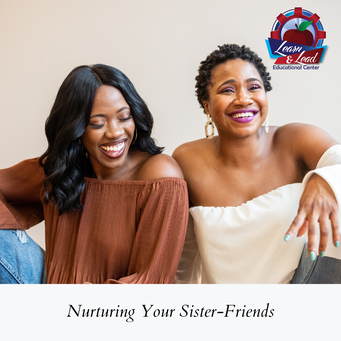 Today's post is especially for the ladies. For as long as I can remember, through multiple seasons of my life, the one word that has driven me the most is ‘connection.’ I find connection fascinating and believe that we thrive through human connection. As an educator, trainer, and coach, I am constantly reminded of the power of connection one’s learning. The best learning happens when strong connections are present. But how does connection affect our personal lives? More specifically, how does it affect women? Although both men and women thrive when they connect with others, women have more of a need for it. From ancient times women have shared their lives. Sisterhood was essential for survival. Even before outlining the source of strength and comfort, sisterhood was needed for helping to raise children, cooking, daily tasks, and the especially monumental task of childbirth. Women needed to help each other through day-to-day challenges to survive. A benefit to this was that this sisterhood also helped to improve their resilience and increase their level of happiness. As we have evolved, we have moved away from living in closer communities and even if some may continue to live in small communities, community connection has a different feel. We now can connect through technology in an instant, yet our level of sisterly connection isn’t necessarily increasing. Whether it’s the day to day demands of the corporate world, being overrun by toddlers or teenagers, or a plethora of other reasons, many women find their time is stretched extremely thin. This can shift much needed connection time to the back burner…or quite frankly out the back door. The thing is, female friendships are extremely powerful. They can be activators to our next levels. Women may not need each other to survive in the same ways as they did in ancient times, but when women are intentional about building each other up, nurturing their tribes/sister-friend relationships, amazing things happen. Here of my favorite benefits:
This morning it was so great to be in Grand Turk working with the Department of Youth Affairs facilitating a Youth Skills Workshop with the 4th form students at the HJ Robinson High School. As we did in South Caicos and North Caicos, we looked at "Celebrating Diversity and Building Resilience Through Human Capital."
Topics covered at the workshop included:
Students were reminded of the importance of taking ownership of their development and their learning to be the best they can be. This afternoon I had the opportunity to work with 6 teachers from Ianthee Pratt Primary School. They were unable to attend last week's webinar on Exceptional Learners, and we welcomed hosting them in our conference room.
Topics we discussed included:
Small group sessions provide an opportunity for increased discussion and learning. 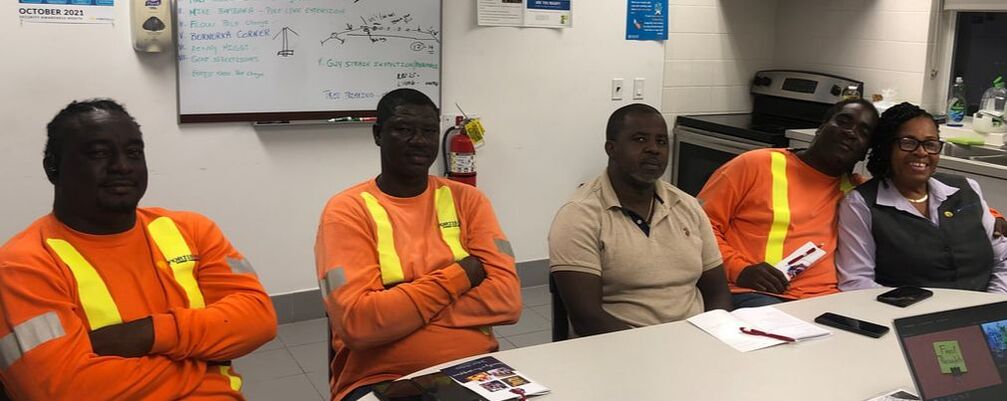 When I began Diversity training, I was often asked whether this was a topic we really needed in our environment here in the Turks and Caicos. YES! An awareness of Diversity, Equity and Inclusion is essential in all business environments. Often people mistake diversity training for being only about race, whereas diversity relates to any types of differences we may have. Diversity is simply who is in the room. Each room will have differences. These differences can range from age, ability, generation, culture, nationality, religion, education, social class etc. Simply having a diverse staff will not bring you gains you are hoping for. You must be willing to embrace the diversity within your team and create an inclusive environment for that team. Equity is an essential piece to creating an inclusive environment. In 2022 Fortis TCI embarked on a journey to provide Diversity, Equity and Inclusion training to their entire staff. Yesterday, I had a great session with their staff in North Caicos. It was filled with great learning, great discussion and a few 'ah-ha moments.' 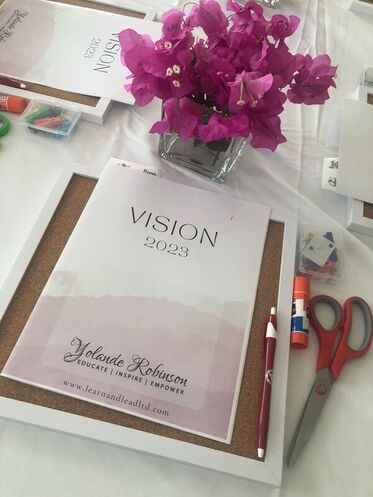
Yesterday evening I had a great time with a lovely group of ladies. Vision Board Parties are a great opportunity for small intimate groups to come together and discuss their goals, their dreams, their intentions and their visions.
Vision Boards have become extremely popular in the last few years, and they are an awesome tool. When creating them, it's important to reflect on the vision you have for yourself and whether you are 'wishing' or 'manifesting.' Wising and manifesting may have similar roots, but they are certainly not the same thing. Manifesting is about preparing your mind, body and soul for the vision that you would like to attain. Energy needs to be put into clarifying your intentions, honoring your current season, outlining where you would like to go, and aligning your habits and actions for the outcomes that you would like to see. Yesterday's event was the second Vision Board party for this group of friends. This allowed for our session to begin with reviewing their highlights, the ways they were stretched and the lessons that they learned in 2022. If you are interested in finding out more about small group Vision Board parties, contact us! 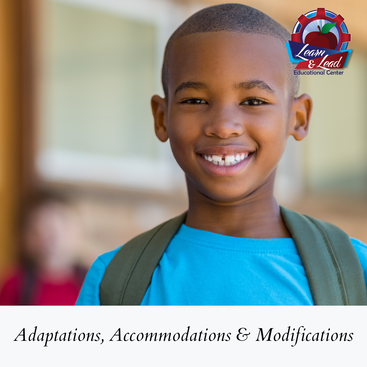 Earlier this week I met with a group of teachers to discuss Exceptional Learners in the Primary Classroom. After our session, I thought it would be helpful to share a post on the difference between adaptations, accommodations, and modifications. Clarity in this area can be helpful for both teachers and parents. Firstly, let me lay some ground work. When we are looking at ‘Special Education’ we are referring to the way that instruction is designed to meet the needs of exceptional students. This may require special materials, teaching techniques, equipment or even facilities. When we refer to exceptional students or learners we are referring to students that require special education and related services if they are going to reach their full potential. Many of our classrooms in the Turks and Caicos Islands are Inclusive Classrooms. This means that there is a general education curriculum being taught where students with or without learning differences learn together. For this to happen with success, educators often must ask themselves, how can the content I am teaching be adapted so that it can be accessed by all my students? Adaptations are changes in the way instruction and assessment are carried out to provide equal opportunity for students to achieve their learning outcomes. For exceptional learners, these adaptations can be essential for them to reach their potential. Adaptations can be either accommodations or modifications. Accommodations change how the students access the curriculum. They don’t change what students are learning, but how the content is presented or how they are showing what is being taught to them. Here are examples accommodations:
Modifications are a little different than accommodations. Accommodations don’t change the content or instructional level, whereas modifications do. Modifications take the individual students need into consideration and change what they are expected to learn. Here are examples of modifications:
Inevitably when we discuss accommodations and modifications, the idea of fairness arises. It’s important to highlight that fair does not mean equal. Fair means giving students what they need. Modifications and accommodations do not give students an unfair advantage but are designed to create level the playing field…in other words to bring equity into the learning equation. When we focus on building equity into our education system and our learning environments, we create opportunities for all students to thrive.
This afternoon we enjoyed facilitating a webinar on Exceptional Learners in the Primary Classroom with Primary School teachers from across the Turks and Caicos Islands. We focused on 4 key areas:
1. Understanding Special Education 2. Understanding Exceptional Learners 3. Addressing Diverse Learners 4. Managing the Inclusive Classroom We hope that the teachers in attendance gained a few tips and tricks to help them in the managing of their inclusive classrooms. |
Author
Yolande Robinson, M.Ed. PodcastShifting Perspectives is a conversation with Yolande and Latasha that challenges Listeners to fuel themselves with diversity in the way they think, the way they work, the way they parent and the way they live their lives.
Listen to Shifting Perspectives on Apple Podcasts, Audible, Amazon Music, Spotify, Google Podcast, Stitcher, Pocket Casts, Overcast, Castro, Castbooks, or Podfriend. Archives
July 2024
Categories
All
|

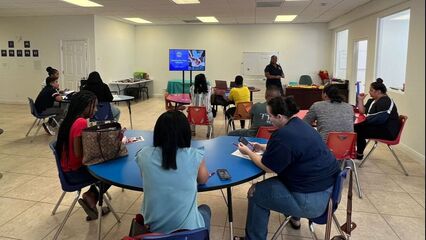


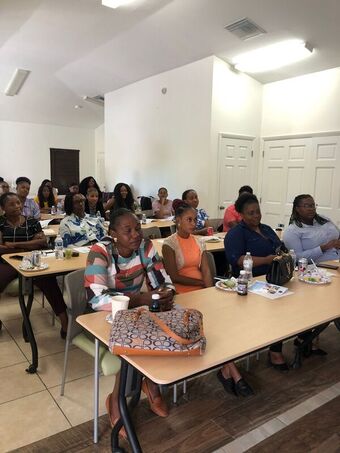
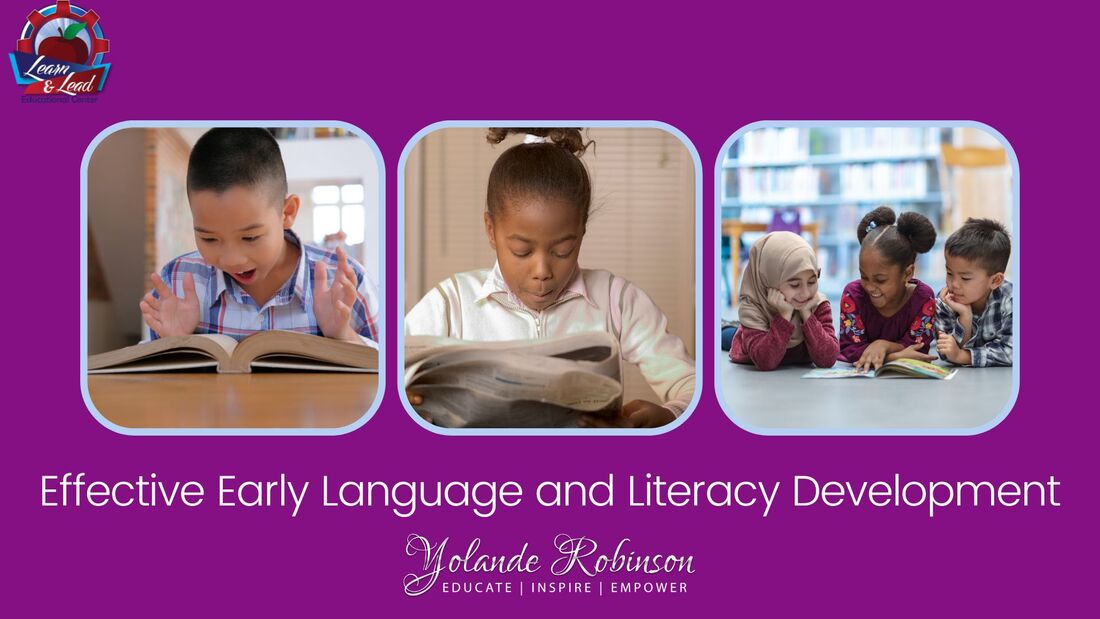
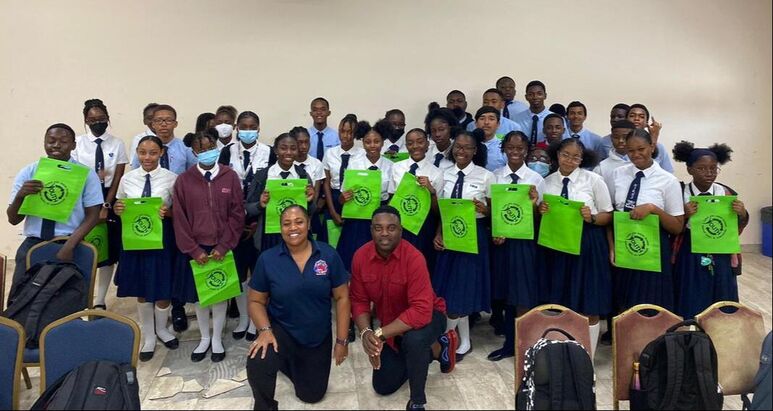
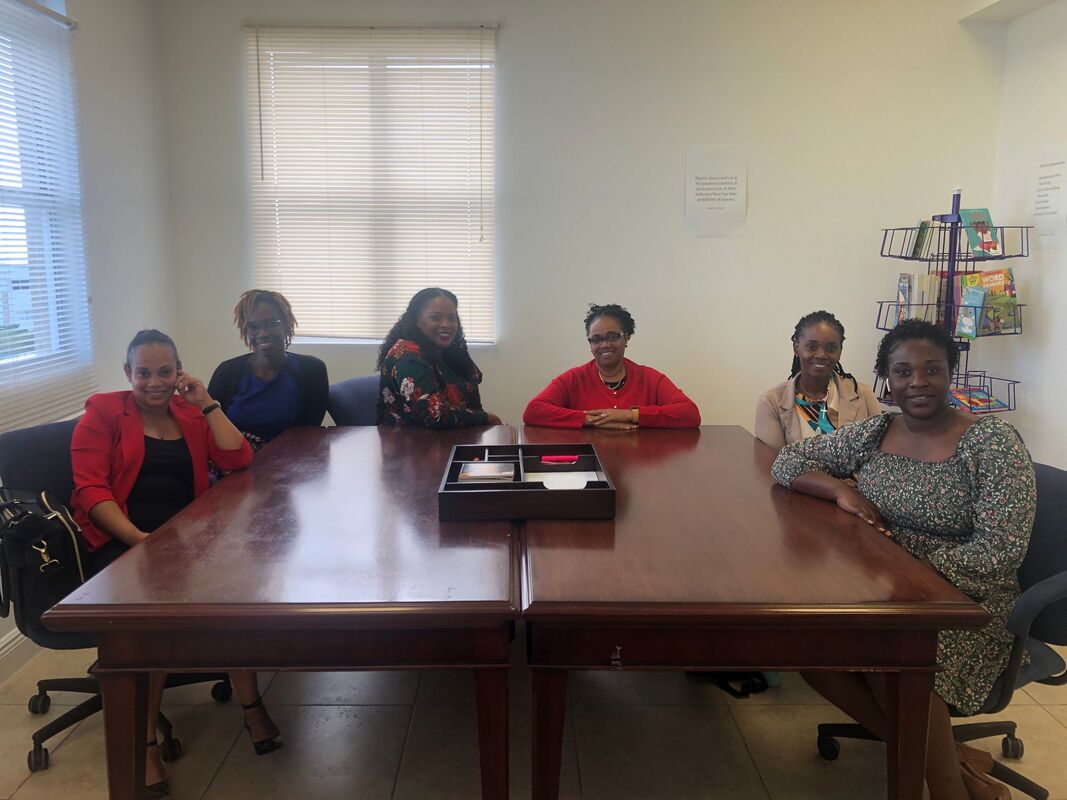
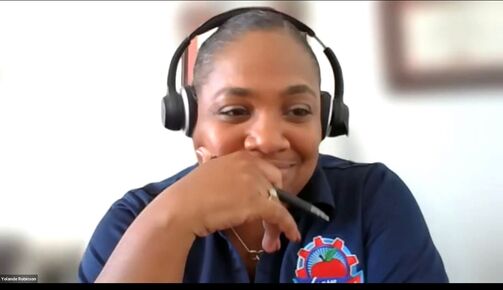
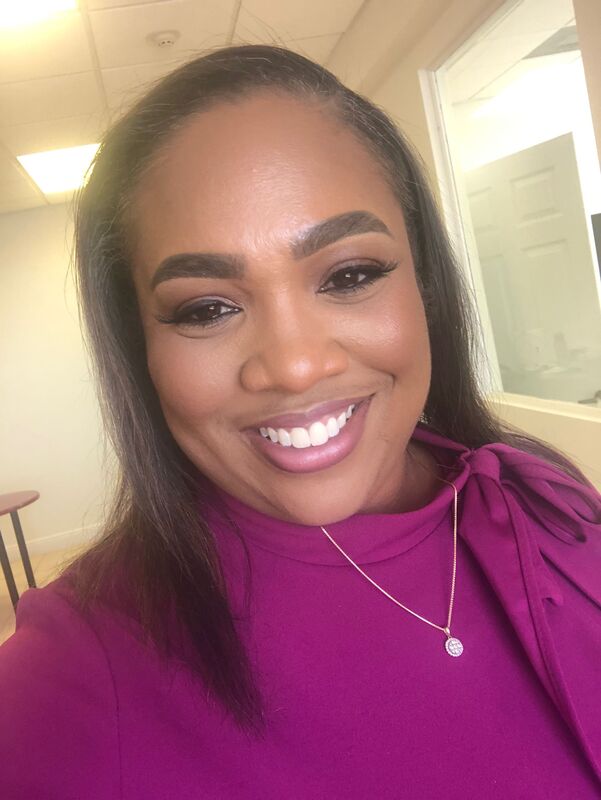
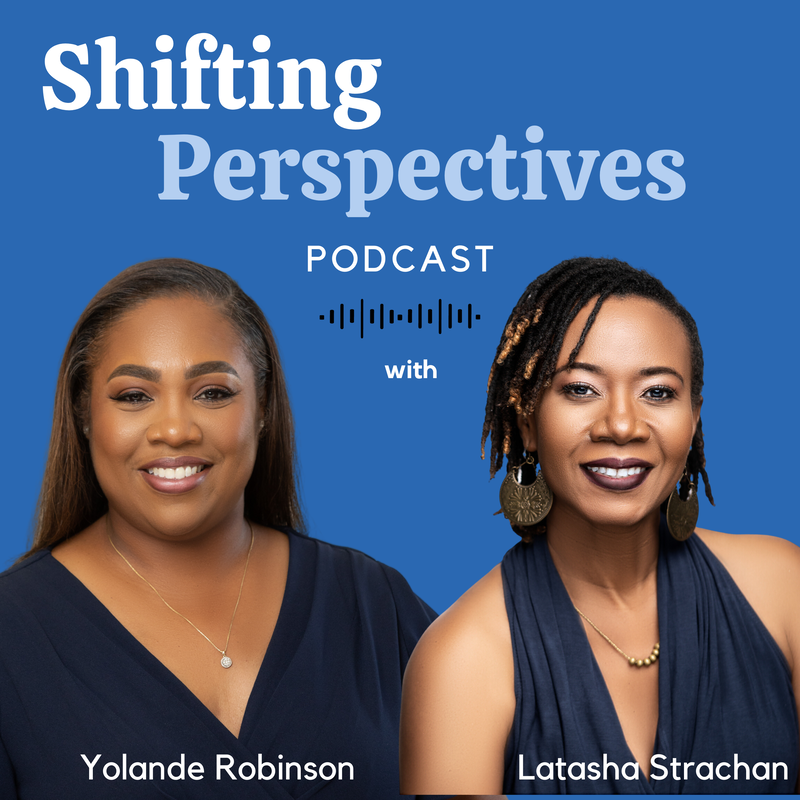
 RSS Feed
RSS Feed